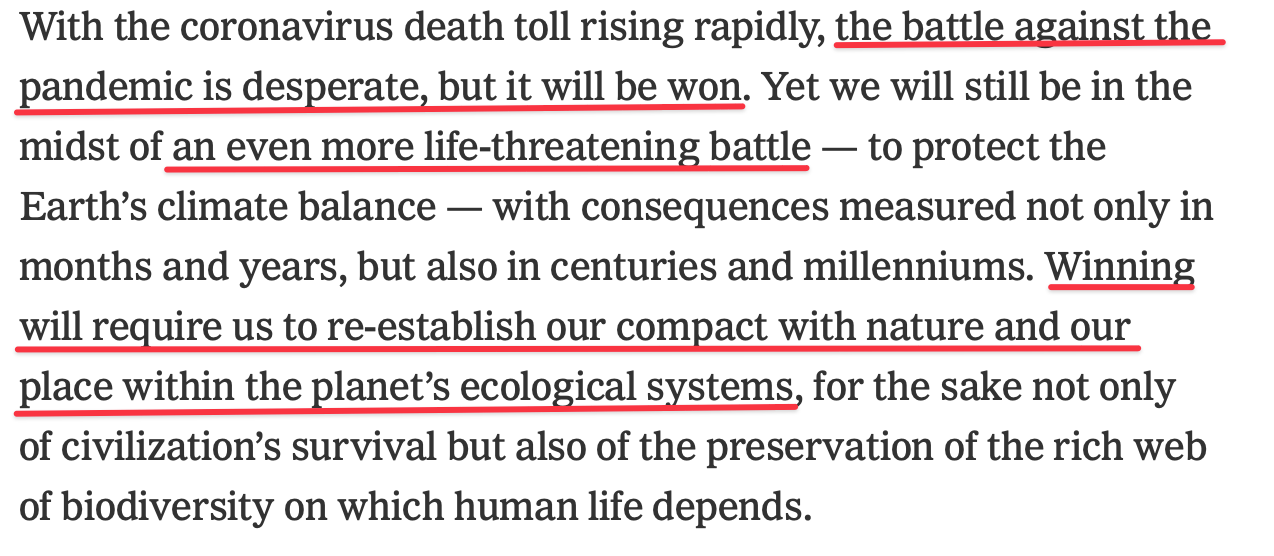T2B38: Cliden 11
Frame: The Order of Things
In his book on the Propensity of Things, Francois Jullien starts his discussion of Shi (the Chinese concept that’s the main concern of Jullien’s book) with an analysis of military strategy. He talks about how a good general senses the natural order of the terrain, his weapons and other resources and arranges them in a manner that assure victory. It’s not victory due to heroism or clever battlefield maneuvers - the standard fare in Indo-European myth as well history - but due to the general being at the right place at the right time.
Thinking about this tension in Indian terms, it’s as if the Mahabharata war wasn’t won by Arjuna but by Krishna - the former merely placed the arrow in his bow when he was told to, but it was the latter who arranged the situation such that the war happened in the circumstances that it did. The Chinese might say the war was won by the only non-combatant.
Since these texts were written in the Warring States period, battle metaphors migrated into other parts of the Chinese intellectual tradition, becoming the order of things as such. Today, there’s a similar metaphor that penetrates all human activity, the generator of all order: the market. We have money as money of course, but we also have social capital, human capital, natural capital and moral capital. We can’t grasp the world unless we impose a market on it. The GND is no exception.
Al Gore wears that economic hat as he introduces Biden’s task ahead, including what might become the GND (without naming it as such).
Gore’s Vision of the Future
Gore starts thus:
The pandemic was Trump’s downfall and a successful response to the second phase - vaccine distribution, followed by a strong economic recovery - could be the making of Biden’s presidency. Note how Gore frames the most important problems facing Biden - he starts with the economy and ends on a high note with climate. That’s the universality of the market speaking right there: you can’t talk about climate without talking about how to put bread on the table.
And then he talks about the climate crisis is an opportunity to renegotiate the basic contract of society, of building ‘a more just and equitable way of life.’ It’s easy to laugh this off as propaganda, but if liberalism isn’t able to offer this possibility as a genuine and likely outcome of its method, it will fail. The architects of the liberal order know that. But that requires a recognition of the fact that the real battle has moved to a higher and more treacherous terrain:
In other words, liberalism has to expand to include ecology. That’s both exciting and daunting and opens itself to a range of challengers - deep ecologists who say we need to privilege the rights of nature first, degrowth proponents who think the economy should not just be transformed, but reduced. At the other end are the fossil fuel authoritarians who will continue to build coal plants and prospect for oil.
Deep ecology might not be in contradiction with this vision - a transfer of regime argument might say we need to scale liberal institutions rapidly and create the infrastructure to draw down carbon by 2050 but once that task is done, we should manage a final transition to an ecological rather than economic regime. Perhaps a utopian dream that reminds you of the Marxist idea that capitalism development is needed before a society is ready for the dictatorship of the proletariat.
That’s the what. Tomorrow I will cover Gore’s ideas of how the liberal order could win the climate battle. I will leave you with a hint - a short list of the most important agents of transformation according to Gore.









